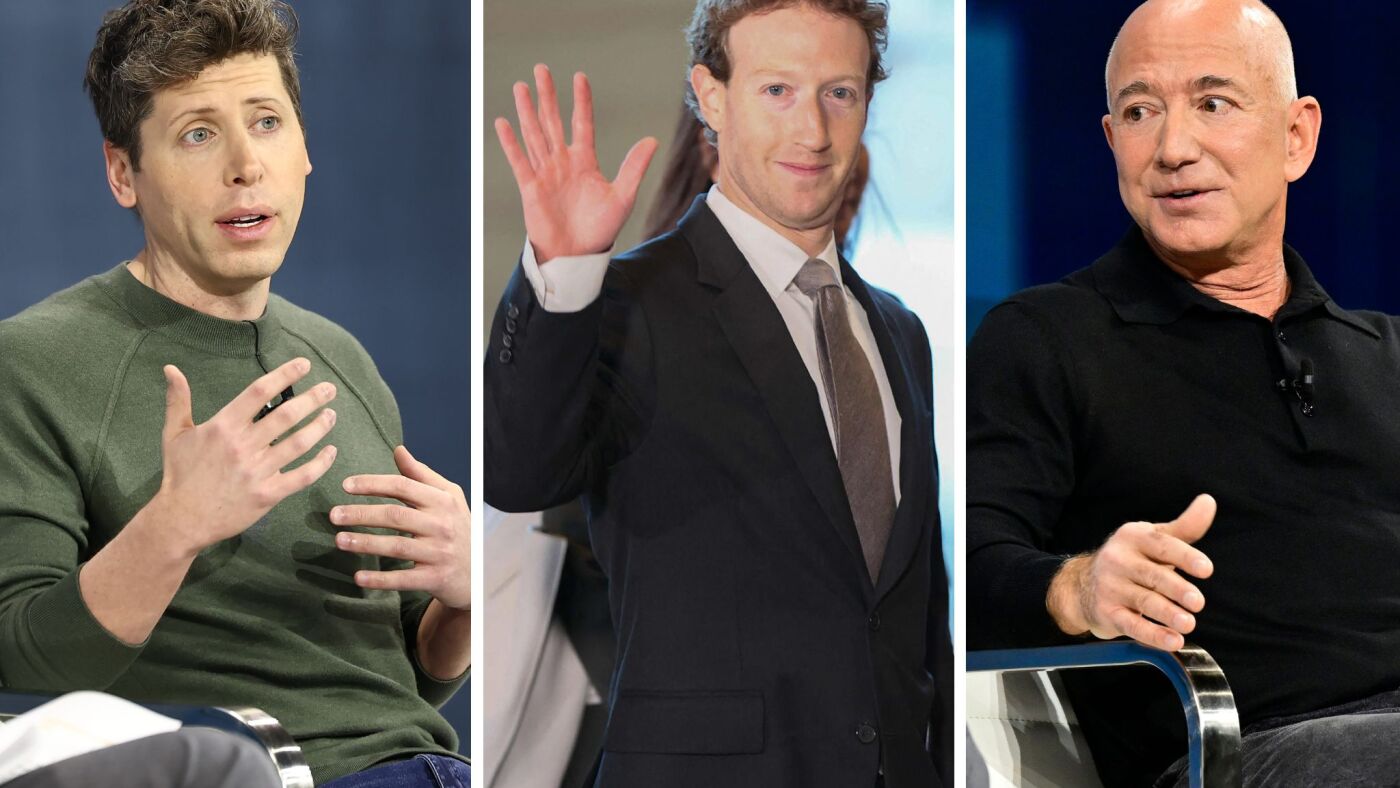Reeves welcomes IMF’s improved growth forecast

The UK economy is set to “accelerate”, the International Monetary Fund (IMF) has said as it raised its growth forecast for this year.
The influential global organisation now expects the UK to grow by 1.1% this year, up from the 0.7% it forecast three months ago.
While slow compared to previous periods, this would put the UK in the middle of the pack of global nations.
Chancellor Rachel Reeves welcomed the IMF’s more upbeat forecast, but said: “I know there is more work to do.”
The IMF’s outlook contrasts with Reeves’s assessment of the UK economy after she claimed Labour had inherited the “worst set of circumstances since the Second World War” following 14 years of Conservative rule.
The chancellor is expected to outline tax rises and spending cuts aimed at raising £40bn at next week’s Budget.
The IMF and UK government have disagreed over previous predictions, and economic forecasts are not always accurate.
The IMF has previously stated its forecasts for most advanced economies, such as the UK’s, have more often than not been within about 1.5 percentage points of what actually happens.
The IMF’s global forecast shows the world economy has proven resilient, with richer countries having made up for lost pandemic growth.
The US continues to outperform all its peers in the G7 group of advanced economies as the presidential election looms. Its economy is forecast to grow 2.8% this year and 2.2% next year.
The US has seen productivity gains outstripping wage growth, and has, according to the IMF, been “bolstered by substantial immigration flows that helped cool labour markets”.
Europe’s major economies, remain sluggish, especially Germany, but Spain is growing rapidly, by 2.9% this year and 2.1% next year.
Ahead of what is expected to be a tough Budget, the IMF backed maintaining and increasing public investment as being “positive” for growth, especially in areas that boost productivity and competitiveness, for example digital and public infrastructure.
The IMF pointed to internal research showing countries that spend a high proportion of their budgets on investment have significantly faster growing economies.
Reeves has inherited Conservative plans for a notable cut to public investment, measured as a share of the national economy.
The Treasury has clearly signalled in recent days that it could reverse that policy, instead maintaining or increasing investment.
Reeves is also expected to confirm in the Budget that the way in which the government defines its self-imposed rules on reducing the national debt will change to accommodate more investment in infrastructure projects.
Elsewhere, the IMF pointed to concerns that emerging economies had been left with more “permanent scars” and more persistent inflation from recent global crises.
Nevertheless, the sanctions-hit Russian economy has had its forecast upgraded yet again, as its move to a war economy supports growth. This year it is expected to expand by 3.6%.
However, next year growth is expected to fall dramatically to 1.3% as private consumption and investment slow.
Speaking at the IMF meeting in Washington, Treasury Secretary Janet Yellen said on Tuesday the US would unveil “strong new sanctions targeting those facilitating the Kremlin’s war machine”.
That would include anyone supplying Russia with “critical inputs for its military” she said.
The US has taken a series of actions against Russia since the invasion of Ukraine in February 2022, including preventing banks dealing with sanctioned Russian entities and restrictions on supplying technology such as microchips and drones.
Source link




